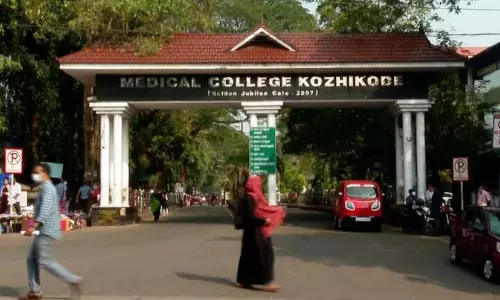
Developing nations more vulnerable to antimicrobial resistance: WHO
text_fieldsNew Delhi: The World Health Organisation (WHO) warned on Monday that developing countries are more vulnerable to antimicrobial resistance. WHO Regional Director for South-East Asia, Saima Wazed, said that antimicrobial resistance is a global health concern that affects the effectiveness of life-saving medicines and the management of infectious diseases worldwide, IANS reported.
World Antimicrobial Awareness Week (WAAW), celebrated every year from November 18-24, aims to increase awareness of global antimicrobial resistance (AMR) and to encourage best practices. This year's theme, “Educate. Advocate. Act now”, reflects the urgency and commitment needed to combat AMR at every level.
As per the WHO, an estimated 1.27 million global deaths in 2019 were directly the result of bacterial AMR, and it also contributed to 4.95 million deaths.
Wazed cited increased population, limited access to healthcare, and misuse of antimicrobials as major risk factors for raising the risks for AMR in developing nations.
“The urgency of addressing AMR is clear. High population density, restricted healthcare access, and the misuse of antimicrobials amplify the risks and impacts of AMR,” the Regional Director said.
She stated that this year, WAAW comes after the landmark approval of the 2024 Political Declaration on AMR at the 79th United Nations General Assembly (UNGA) High-Level Meeting on AMR and the 4th Global High-Level Ministerial Conference in Jeddah.
“This significant declaration sets ambitious targets while also establishing sustainable financing for AMR action, including the target of at least 60 per cent of countries implementing funded national action plans by 2030,” Wazed said.
To address the threat of AMR, she urged the global community to take immediate and decisive action “by educating all stakeholders on AMR, advocating for bold political and financial commitments, and ensuring concrete actions are taken”.
“The choices we make today will impact the health of future generations. Your commitment and leadership are key to transforming declarations and commitments into outcomes and impact,” Wazed said.























